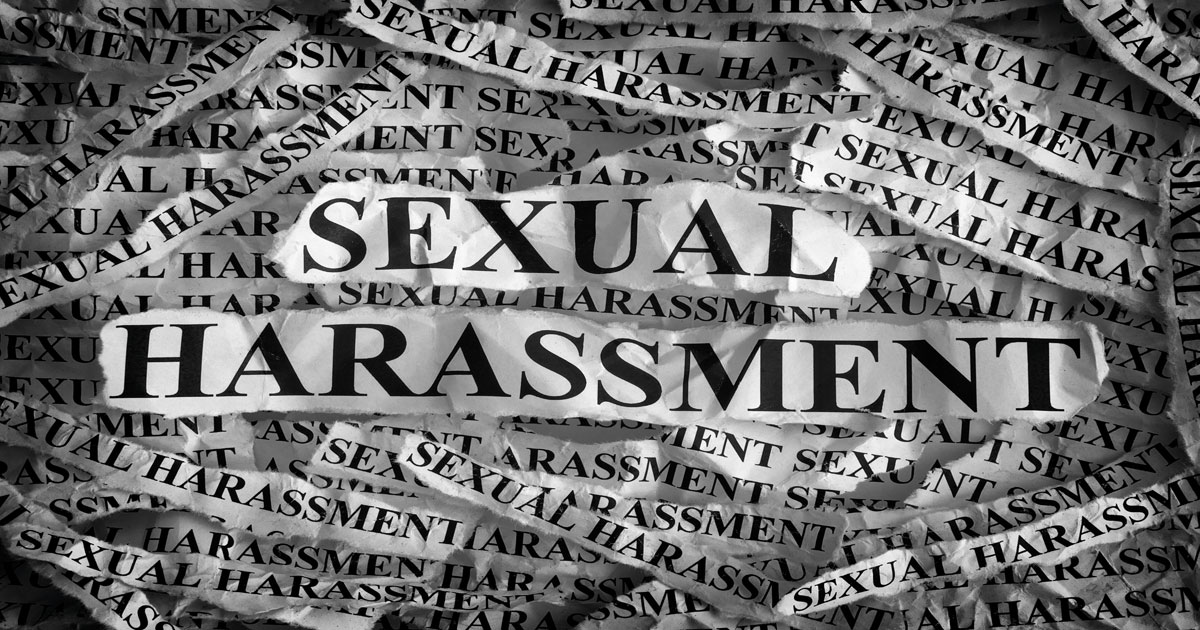Sexual harassment in the workplace can cause serious stress that can interfere with a person’s ability to do their job. As difficult as being a target of sexual harassment can be on direct victims, it can also affect the work engagement, anxiety levels, and mental health of co-workers who witness the disturbing behavior, particularly if these bystanders are unsure of their role in putting an end to the unacceptable conduct.
Just as the direct victim is likely to feel intimidated by the mistreatment and the possibility of retaliation for speaking out, a bystander may feel similarly afraid to become involved. This fear can lead to feelings of agitation and distraction that make it impossible to concentrate on simply performing well at their job.
Witnesses to workplace sexual harassment may feel a moral obligation to stand up for what is right, but they should know that in becoming involved, and potentially opening themselves up to backlash, they are protected by the law from suffering employment consequences resulting from their participation in addressing the harmful workplace conditions.
What Steps Should Be Taken after Witnessing Sexual Harassment in Your Workplace?
The first step to dealing with the emotions of witnessing workplace sexual harassment is to be clear about how the behavior affects you, particularly if you have a history of trauma in this area. Next, it can be helpful to talk to someone unconnected to the situation to gain some perspective. Beyond that, it is likely that you will conclude that reaching out to the direct victim of the harassment is the best course of action.
Speaking privately to the person targeted by the inappropriate behavior can create a sense of shared experience that may offer support for both you and the victim. Talking about the disturbing behavior and its effects can validate the feelings and fears involved.
The next step is to take action to stop the behavior by advising the victim to report the harassment and ensuring that the employer implements appropriate measures to end it.
What Advice Will Help Address Workplace Sexual Harassment?
Whether you are advising the direct victim to report the misconduct or you plan to make an official complaint yourself, it can help to keep the following advice in mind:
- Tell the harasser to stop. Be direct in addressing the problem so there is no ambiguity. It may not be easy, especially if the harasser is in a position of authority, but be clear that the behavior is unwelcome and your discomfort is serious.
- Report the harassment. Bring the complaint directly to management. It should be in writing, and it should clearly state that you are asking for them to take action to stop the harassment. Include date the report was submitted. Keep a copy for your records. If your employer has an established procedure for complaints, follow those protocols. It could help to have a witness present when the report is filed. Request confirmation that the complaint is received, and follow up if necessary.
- Help with the investigation. Cooperate with your employer’s efforts to understand what happened. If the employer fails to properly address the situation, they can be held liable for allowing a hostile work environment, but only if it can be proved that they were made aware of the situation and did nothing to fix it.
- Report discrimination to federal authorities. If you are not getting a satisfactory response from your employer, you may consider taking action under civil rights law. This requires that the harassment be reported to the Equal Employment Opportunity Commission (EEOC) for review.
- File a lawsuit. An employment lawyer can help you take your employer to court if necessary.
Marlton Employment Lawyers at Burnham Douglass Represent Clients with Sexual Harassment Claims against Their Employers
Employers have a duty to keep their employees safe at work. If you were sexually harassed at on the job, you may have a case. The Marlton employment lawyers at Burnham Douglass can help you determine if your claims constitute a violation on the part of your employer, and we can support your case against them. Contact us online or call us at 856-751-5505 for a free consultation. We are located in Marlton and Northfield, New Jersey, and we serve clients throughout South Jersey, including Camden County, Burlington County, Atlantic County, Gloucester County, and Mercer County.


